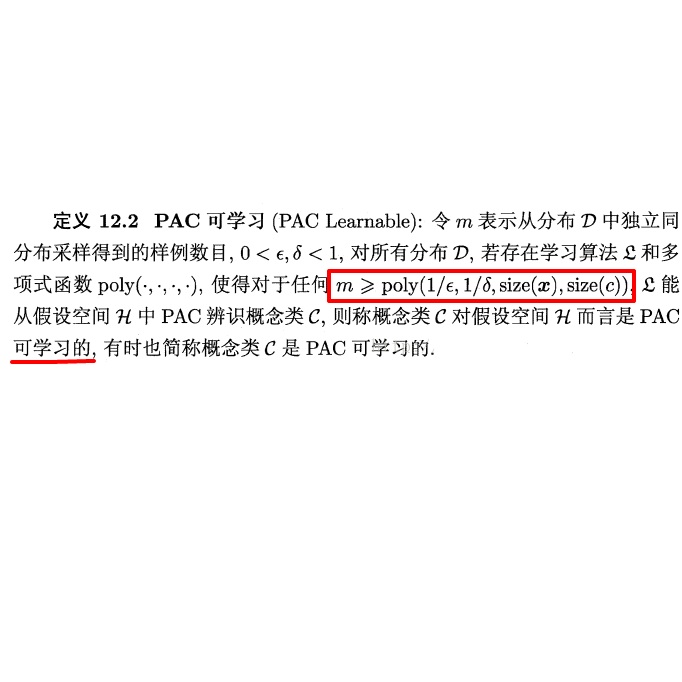
Although a concept class may be learnt more efficiently using quantum samples as compared with classical samples in certain scenarios, Arunachalam and de Wolf (JMLR, 2018) proved that quantum learners are asymptotically no more efficient than classical ones in the quantum PAC and Agnostic learning models. They established lower bounds on sample complexity via quantum state identification and Fourier analysis. In this paper, we derive optimal lower bounds for quantum sample complexity in both the PAC and agnostic models via an information-theoretic approach. The proofs are arguably simpler, and the same ideas can potentially be used to derive optimal bounds for other problems in quantum learning theory. We then turn to a quantum analogue of the Coupon Collector problem, a classic problem from probability theory also of importance in the study of PAC learning. Arunachalam, Belovs, Childs, Kothari, Rosmanis, and de Wolf (TQC, 2020) characterized the quantum sample complexity of this problem up to constant factors. First, we show that the information-theoretic approach mentioned above provably does not yield the optimal lower bound. As a by-product, we get a natural ensemble of pure states in arbitrarily high dimensions which are not easily (simultaneously) distinguishable, while the ensemble has close to maximal Holevo information. Second, we discover that the information-theoretic approach yields an asymptotically optimal bound for an approximation variant of the problem. Finally, we derive a sharp lower bound for the Quantum Coupon Collector problem, with the exact leading order term, via the generalized Holevo-Curlander bounds on the distinguishability of an ensemble. All the aspects of the Quantum Coupon Collector problem we study rest on properties of the spectrum of the associated Gram matrix, which may be of independent interest.
翻译:虽然使用量子样本可以更有效地学习一个概念类,但在某些情景中,Arunachalam和de Wolf(JMLR,2018年)用与古典样本相比的量子样本可以更有效地学习,但Arunachalam和de Wolf(JMLR,2018年)证明,量子学习者与量子PAC和Agnostic学习模型中的古典类比一样,效率不高。他们通过量子状态识别和Freyier分析,确定了样本复杂性的较低界限。在本文中,我们通过信息理论和量子样本模型,从量子样本中得出量子样本复杂性的最佳下限。首先,我们发现上述信息-理论方法可以用来为量子学习理论中的其他问题得出最优化的界限。我们转向了Conupon Compon Coom 问题的一个典型类比值更低的类比值问题。最后,我们从一个直流的直径直径直到直径直的直径的直径,我们从一个直径直到直径直方的直方的直方的直方的直径直方。最后,我们从一个直方的直判的直判的直判的直判的直判的直判的直到直到直判的直判的直到直判的直到直到直判的直判。最后的直判的直判的直判。最后的直判的直判的直至直至直至直至直至直至直至直至直至直至直至直至直至直至直至直至直至直至直至直至直至直至直至直至直至直至直至直至直至直至直至直至直至直至直至直至直至直至直至直至直至直至直至直至直至直至直至直至直至直至直至直至直至直至直至直至直至直至直至直至直至直至直至直至直至直至直至直至直至直至直至直至直至直至直至直至直至直至直至直至直至直至直至直至直至直至直至直至直至直至直至直至直至直至


